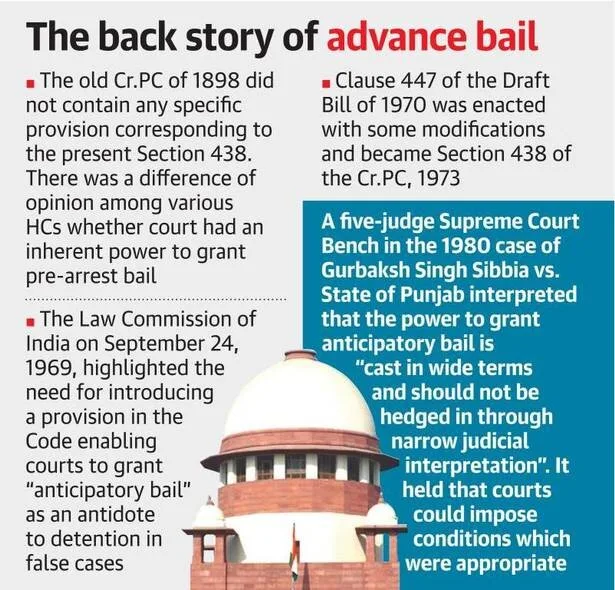
A NEW JUDGEMENT ON THE BAIL

A new judgement has been passed by the Honorable Supreme Court about the most recently held immoderate prolong for the trial that is the undue delay now will be a factor for granting bail to those who have been accused for the charges of Narcotics Drugs and Psychotropic Substances Act 1985(NDPS Act), even after the rigorous terms given in the constitution under the section number 37 in the case Mohammad Muslim Hussain V/S State.

According to section number 37 NDPS act, the court is now permissible to grant bail to the person who is accused only when the fact gets believable that there are so rightful and reasonable areas for trusting that he is innocent of not committing such crimes and promises not even to commit such crime in the future when he will be released on the bail.

A jury of justice S Ravindra Bhat and justice Dipankar Dutta uphold that even the laws that have always been stiff and rigid terms for the bail grant are one the thing which is a necessity for the interest of the public at large and even then also the trials are not scheduled and conducted within the time limit, then it would be considered as a great and massive injustice that will be felling on the citizens even it will not be able to measure that amount of injustice.

The court said in its verdict that the unreasonable and too long delay in the process of trial which in comprehended form could be easily said that the failure of providing a citizen with its right to a trial within the stipulated time will amount to granting that particular individuals bail without any much rifts and now this will be applicable under the crimes committed under the NDPA act too.

Whereas section number 37 quoted in the constitution when interpreted merely implies that the court even is in a belief that the very accused person is innocent and promises to not do any such offence in the future will not amount in granting any sort of exceptions like bail; so the only way out possible where unique conditions as enforced under section thirty-seven can be bought under the ambit of the constitution is that when the court is in a firm believe on a very first view on the collected records that the person is innocent.

Thus the bail was granted to the applicant by the court after he had done nothing but yet spent seven years in imprisonment in a case of NDPS and the biggest thing that came to the notice was that the trials were at a snail’s crawling speed.

The case involved the supply and dealings of the ganja and the four citizens who were possessing the ganja somewhat approximately one hundred and eighty kilograms the one who filed for bail was immediately arrested on the statement of confession given to the police by one of those four convicted persons, the man then arrested was of age twenty-three years and was not having even a pinch of the drugs he was accused of possessing, he was convicted under the section number 25,20and 29under the NDPS act.

The district court denied his bail on factors like for the offence he was booked then the harshness of his punishment and the role he was blamed for and even though it was also noted that the accused was not even in any sort of contact with the other who was accused for the similar offence and the witnesses were still to be checked. Before adjourning the day and the case the court also clearly and boldly mentioned the situations of the prisoners in the jail and the conditions of the jail and how badly its overcrowded.







